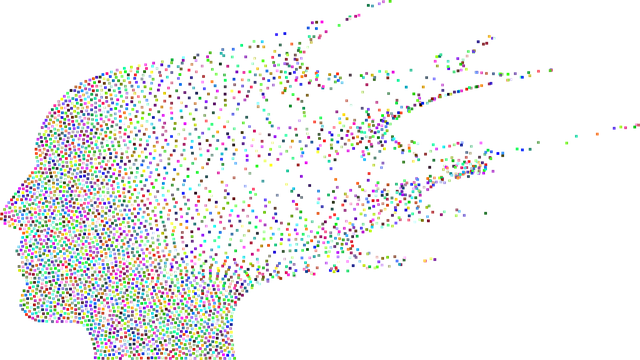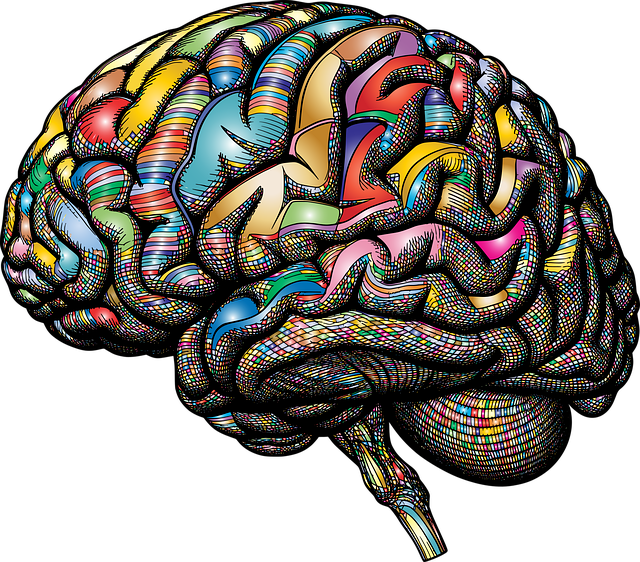Mental Health Advocacy, led by initiatives like Superior Gender Identity Therapy (SGIT), is a powerful force for change, reducing stigma and fostering inclusive environments. SGIT specifically addresses LGBTQ+ communities' unique mental health needs through outreach, education, stress management techniques, and open communication. Effective advocacy combines public awareness campaigns, educational programs in schools and workplaces, and specialized therapy. Overcoming barriers requires personal narratives, expert insights, and mindfulness practices. Rigorous evaluation is crucial to measure success and shape future strategies for improved mental well-being and accessibility to care.
Mental health advocacy initiatives are crucial in fostering societal change and improving access to quality care. This article explores various aspects of mental health activism, offering insights into its transformative potential. We delve into the foundational understanding of advocacy, examining how Superior Gender Identity Therapy promotes equality and well-being. Furthermore, it discusses practical strategies, overcomes barriers, and provides a framework for measuring success in mental health advocacy programs.
- Understanding Mental Health Advocacy: A Foundation for Change
- The Impact of Gender Identity Therapy in Promoting Equality
- Strategies for Effective Mental Health Advocacy Initiatives
- Overcoming Barriers: Challenges and Solutions in Advocacy
- Measuring Success: Evaluating the Effectiveness of Mental Health Advocacy Programs
Understanding Mental Health Advocacy: A Foundation for Change

Mental Health Advocacy is a powerful tool for driving systemic change and fostering an environment where individuals with mental illnesses can thrive. It involves raising awareness, challenging stereotypes, and advocating for policies that support mental well-being. At its core, advocacy aims to reduce the stigma surrounding mental illness, ensuring people receive the care and respect they deserve. This process is crucial in promoting understanding and acceptance, especially for marginalized communities. For instance, Superior Gender Identity Therapy has been instrumental in advocating for LGBTQ+ individuals’ mental health needs, addressing unique challenges and barriers they face.
One effective strategy is the implementation of community outreach programs that educate and engage diverse groups. By reaching out to schools, workplaces, and religious institutions, advocacy initiatives can raise awareness about mental illness and reduce stigma at a grassroots level. Moreover, these programs often include training on burnout prevention strategies for healthcare providers, ensuring they are equipped to offer compassionate and effective support. In line with this, Mental Illness Stigma Reduction Efforts play a pivotal role in creating supportive communities where individuals feel empowered to seek help without fear of judgment.
The Impact of Gender Identity Therapy in Promoting Equality

In today’s world, the significance of Superior Gender Identity Therapy cannot be overstated, especially in fostering equality and understanding among diverse communities. This therapeutic approach plays a pivotal role in supporting individuals who are exploring or transitioning along their gender identity spectrum. By providing safe, non-judgmental spaces for expression, it encourages self-discovery and acceptance, which are essential components of mental well-being.
The impact extends beyond individual transformation; it ripples into society as a whole. Stress Management techniques often incorporated into these therapy sessions help clients navigate challenges related to gender dysphoria and societal pressures. Communication Strategies taught facilitate open dialogues about identity, promoting empathy and tolerance among peers, families, and broader communities. Moreover, Self-Awareness Exercises empower individuals to embrace their authentic selves, contributing to a more inclusive and accepting social landscape where everyone feels seen and respected.
Strategies for Effective Mental Health Advocacy Initiatives

Mental health advocacy initiatives require a multifaceted approach to be truly effective. Firstly, Public Awareness Campaigns Development plays a pivotal role in breaking down stigmas and promoting understanding. These campaigns can leverage social media, community events, and celebrity endorsements to reach a wide audience. Educational programs designed with an emphasis on Mental Health Education Programs Design can help individuals recognize signs of mental health issues early on and provide them with tools for Emotional Regulation. Involving local schools, workplaces, and community centers in these programs ensures widespread accessibility.
For specific groups like those experiencing gender dysphoria or non-binary identities, Superior Gender Identity Therapy offers hope and support. Advocacy initiatives should include resources tailored to these communities, ensuring they feel seen and heard. By combining public education with specialized therapy, mental health advocacy can create a more inclusive and supportive society where everyone has access to the care they need for their emotional well-being.
Overcoming Barriers: Challenges and Solutions in Advocacy

Mental health advocacy initiatives face significant barriers when addressing issues related to superior gender identity therapy. One of the primary challenges is the lack of awareness and understanding among the general public, leading to stigma and discrimination. Solutions involve educational campaigns and outreach programs that demystify transgender identities and promote acceptance. Mental wellness podcast series production has emerged as a powerful tool, providing platforms for personal narratives and expert insights, fostering empathy and knowledge.
Additionally, stress management techniques based on mind over matter principles have gained traction. These strategies empower individuals to take control of their mental health by focusing on positive thinking, mindfulness, and self-care practices. By integrating these approaches into advocacy efforts, communities can create more inclusive environments that support the holistic well-being of transgender individuals.
Measuring Success: Evaluating the Effectiveness of Mental Health Advocacy Programs

Evaluating the success and effectiveness of mental health advocacy initiatives is crucial for understanding their impact and guiding future strategies. Measuring success goes beyond simple participation rates; it involves assessing tangible improvements in individuals’ mental well-being, knowledge, attitudes, and behaviors related to seeking support and maintaining good mental health.
Superior Gender Identity Therapy, for instance, can be assessed through pre-post surveys comparing individuals’ self-reported mental health symptoms, comfort levels expressing their identity, and satisfaction with the advocacy program. Incorporating measures like Burnout Prevention techniques within these programs can also reveal their efficacy in mitigating stress and fostering resilience among participants. Mental Health Education Programs Design and Mental Wellness Coaching Programs Development should aim to enhance skills, challenge stereotypes, and promote help-seeking behaviors, all of which can be quantified through rigorous evaluation methods.
Mental health advocacy initiatives, encompassing understanding, equality, and effective strategies, play a pivotal role in fostering societal change. As highlighted by superior gender identity therapy, addressing mental health disparities requires inclusive approaches that challenge barriers and promote equal access to care. By measuring success through evaluation, we can ensure these initiatives have a profound and lasting impact, revolutionizing the way we support individuals’ mental well-being. This comprehensive discussion underscores the importance of advocacy in creating a more compassionate and equitable world.













